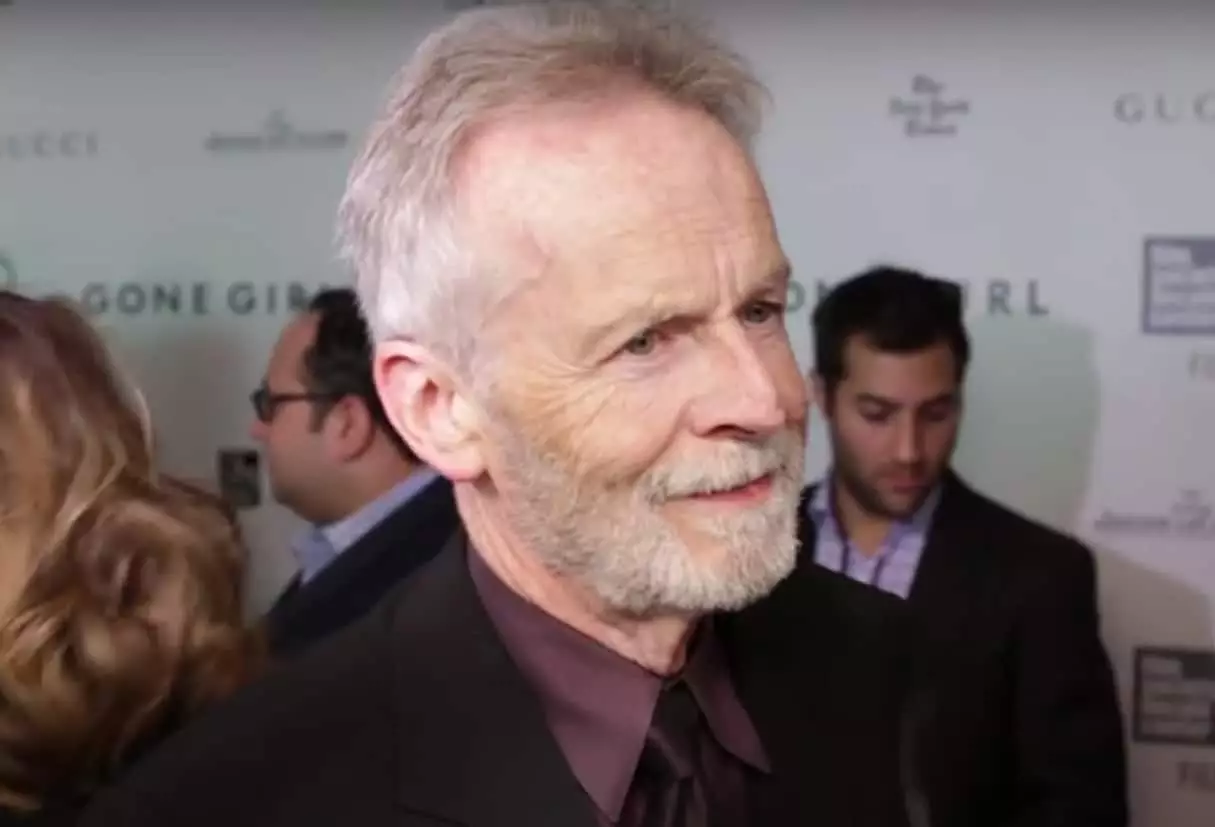At a recent cinema gathering, renowned actor David Clennon offered an intriguing perspective on the sports legend Muhammad Ali, stirring reflections reminiscent of a bygone era. Clennon, known for his multiple roles in films such as “The Thing” and “Gone Girl,” shared his experiences related to the 1977 biographical film “The Greatest,” where Ali portrayed himself. This film is pivotal for both cinema and sports history, illustrating critical moments in Ali’s life, particularly the Vietnam War draft refusal, which defined his character and legacy.
The film ‘The Greatest’ juxtaposes the journey of Cassius Clay transitioning into Muhammad Ali. Interestingly, Clennon plays a significant part in a scene that captures the defining moment of Ali’s life. In a portrayal that emphasizes emotional weight, Clennon’s character guides Ali out of a critical discussion, symbolizing the struggle many faced during the turmoil caused by the war. Ali’s brave stance against the draft and subsequent ban from boxing for three years showcased his profound commitment to his beliefs, making him an icon of justice and dissent.
In an engaging conversation, Clennon expressed his admiration for Ali, not merely as an athlete but as a monumental figure who galvanized a generation resistant to the injustices of the Vietnam War. Clennon recalled, “He had so much more to lose than I did. It was a profound experience for those of us who were against the war; having a voice like his put wind in our sails.” In a society rife with dissent and uncertainty, Ali’s decision to refuse the draft offered a beacon of hope and resilience, igniting pride among young activists and anti-war proponents.
Clennon described his own experiences as a “draft dodger,” which allowed him to resonate deeply with Ali’s choices. This connection lent a profoundly personal layer to the conversations he shared with the boxing legend. Clennon recounted Ali’s charismatic personality; there was no air of superiority that often accompanies celebrity status—rather, he emanated warmth and humility. “He was so approachable,” Clennon said. “Ali would laugh and joke with us, making the set feel like a gathering of friends rather than a stark Hollywood environment.”
Reflecting on the contribution of “The Greatest” to Ali’s legacy, Clennon articulated a bold sentiment: “To me, the film we made in the 1970s is the definitive Ali story.” While recognizing the merits of later portrayals, including Will Smith’s performance in the acclaimed “Ali” (2001), he underscored that having Ali himself embody the role lent authenticity and depth to the narrative. Clennon elaborated on the stellar supporting cast, which included such luminaries as Robert Duvall and James Earl Jones, reinforcing the film’s prestige in cinematic history.
Clennon’s perspective is enriched by the understanding that not only does “The Greatest” present the life of Ali, but it also encapsulates the cultural and political climate of the time. The movie serves not just as a biographical account but also as a historical account of an era where athletes made powerful statements against social injustices. It highlights the responsibility and influence of public figures in their stance on crucial political issues.
As the conversation drifted into the realm of sports fandom, Clennon’s passion for boxing as a sport came to the forefront. “Who doesn’t want to see a big fight?” he mused. Yet, Ali transcended the ring; his influence was magnified beyond the sport, and he emerged as a complex social figure. Whether one was a boxing enthusiast or an armchair spectator, Ali commanded attention and admiration, overshadowing the sport with his mere presence.
In this era of perpetual social change and activism, Ali’s legacy remains a touchstone for many. His courage to stand against the prevailing winds of his time continues to inspire new generations, echoing the sentiments shared by Clennon about the importance of standing firm in one’s beliefs. As the conversation ended, it became apparent that Muhammad Ali was not just a boxer; he was a titan of social progression. His story, as captured by Clennon’s experiences, is one of bravery, camaraderie, and the unwavering fight for justice—elements that remain relevant in today’s world.

